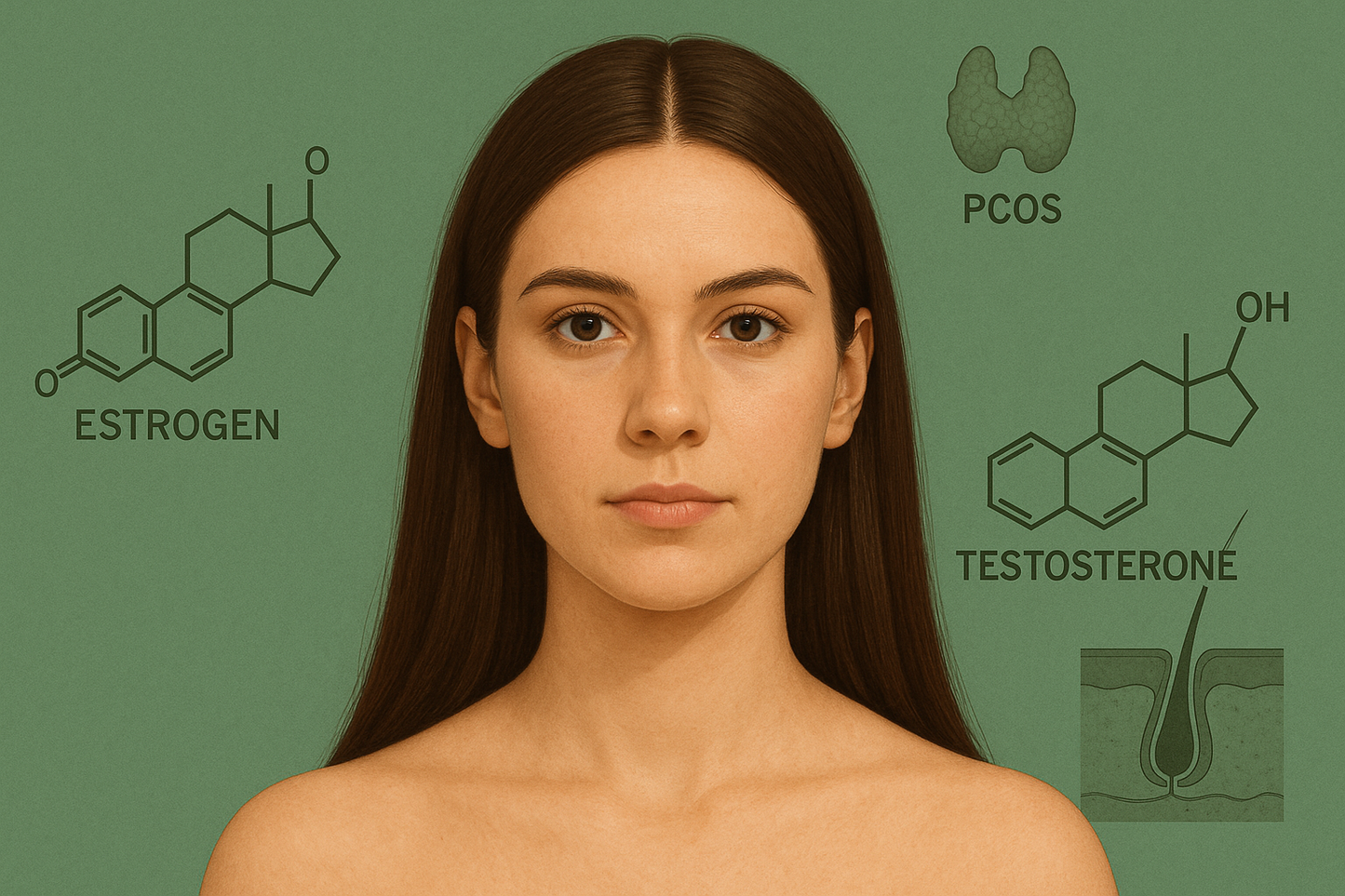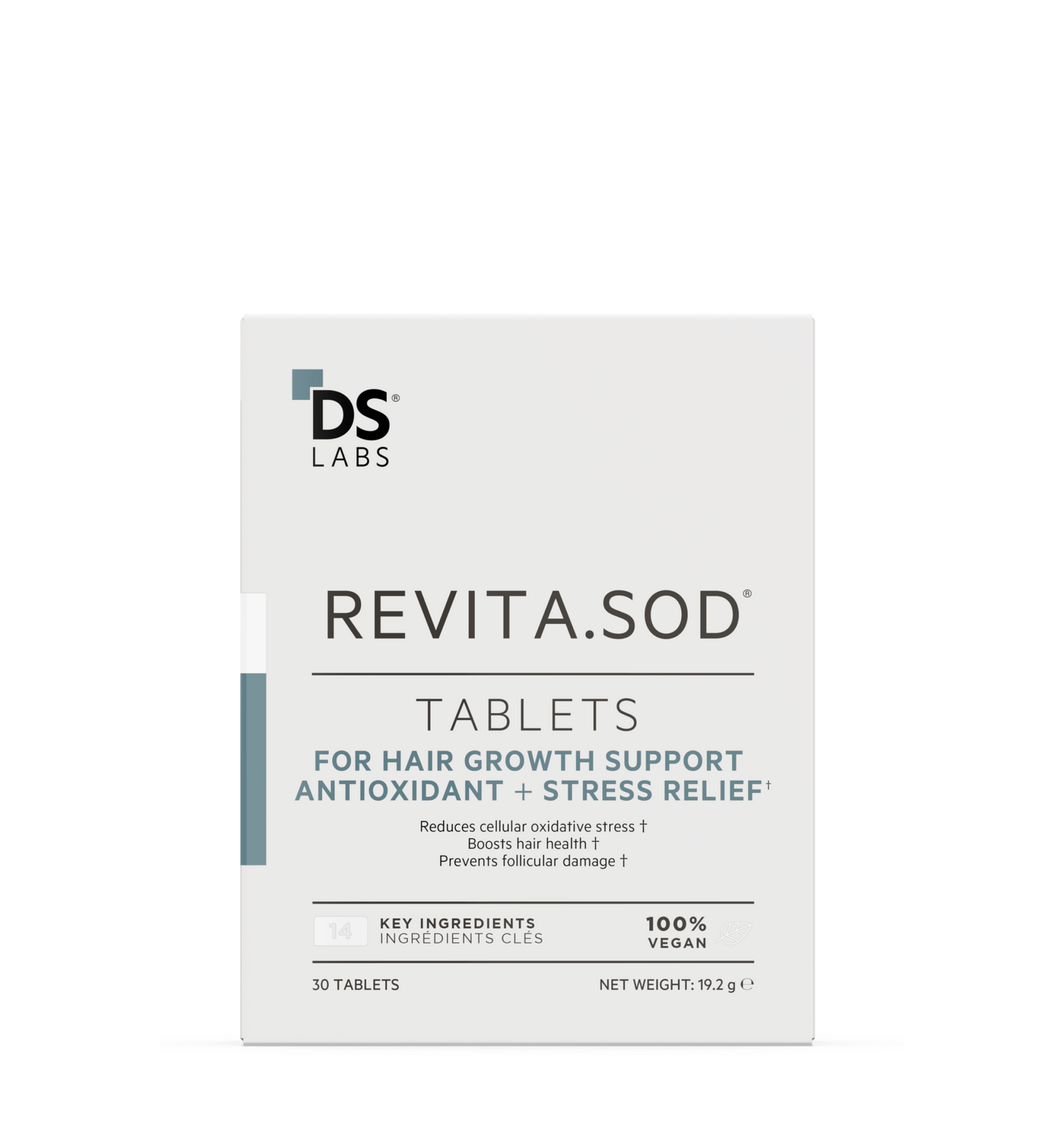If you’ve ever noticed your hair changing in thickness, shedding more than usual, or losing its shine, your hormones might be behind it. Hormonal fluctuations can affect nearly every stage of the hair growth cycle, influencing everything from texture and volume to growth speed.
To begin, let’s revisit the basics of the hair growth cycle. Hair grows in three distinct phases. First is the anagen, or growth phase, where the follicle actively produces new strands. This stage can last several years. Next is the catagen phase, a short transition period where growth stops and the follicle prepares to shed. Finally comes the telogen phase, where the hair rests before falling out and the cycle begins again.
Hormones help regulate the timing of these phases. When hormone levels shift—due to age, health conditions, or lifestyle changes—it can disrupt the cycle and lead to increased shedding or slower growth.
Estrogen is one of the key hormones involved. It tends to lengthen the growth phase, which is why many people experience fuller, shinier hair during pregnancy, when estrogen levels are at their highest. Progesterone, another female hormone, may help counteract the effects of androgens, which can trigger hair thinning.
Testosterone, particularly when converted into a more potent form called dihydrotestosterone (DHT), can shrink hair follicles and shorten the growth cycle, especially in individuals who are genetically sensitive to it. This is one of the most well-known contributors to pattern hair loss.
Thyroid hormones also play an important role. Both hypothyroidism and hyperthyroidism can affect the hair cycle, often resulting in brittle texture, thinning, or diffuse shedding.
Common life stages that bring hormonal changes—such as postpartum recovery, menopause, or starting or stopping hormonal birth control—can trigger noticeable changes in hair health. Conditions like PCOS (polycystic ovary syndrome), which elevate androgen levels, are also closely associated with hair loss on the scalp and excess hair growth in other areas.
While not every hormonal change can be prevented, adopting supportive wellness habits may help. Eating a balanced diet rich in nutrients, managing stress, getting consistent sleep, and staying active can help regulate hormone levels naturally. If you’re noticing significant or persistent changes in your hair, it’s worth keeping a journal of your symptoms and consulting a healthcare provider or trichologist for more personalized guidance.
In conclusion, hormones are a powerful but often overlooked factor in the health of your hair. By understanding how hormonal changes influence the hair growth cycle, you can take a more informed approach to hair care and long-term wellness.















